This is a guest column by a doctor, who has defied all odds that a person born with thalassemia faces. She ensured it was no deterrence in realising her dream. She has a message for all on this year’s World Blood Donor Day (June 14) read more
)
Piyasi Basu
I live with a dual identity of a doctor and the patient of a much-maligned medical condition. I am an MBBS and MS in General Surgery from PGIMER Chandigarh, and am currently working as a Senior Resident in Neurosurgery at Fortis Hospital, Mohali, Punjab. However, I carry another identity — that of a thalassemia major patient, requiring bi-weekly blood transfusions and regular iron chelation.
Understanding thalassemia
Thalassemia, a genetic blood disorder, has been part of my family’s narrative. I am not the only one in my family to manage this condition; my elder sister, also a thalassemic. My sister and I both have managed successful careers despite the condition. She has thrived as a senior accounts manager at an MNC after completing her MBA in Finance.
Like other thalassemia patients, our journey in the Indian set-up is marked by unique challenges, which begin with having no or only a little awareness about the medical condition.
There are economic barriers that hinder disease management. It costs a good amount of money to go through the treatment protocols, which don’t end, ever. Fortunately, my parents have always been a pillar of support, encouraging us to never let our condition define our capabilities.
The pain behind inspiration
I am often told that my story is one of resilience and determination. But I will, in short, tell what it means. As a thalassemic, I require two units of blood every two weeks and must undergo iron chelation, a part of which involves a 12-hour subcutaneous infusion five days a week.
A blood transfusion is a simple and routine medical procedure. Blood, donated by somebody, is provided to a person in need through a narrow tube placed within a vein in one of the arms. It can take from one to four hours.
Donating blood and transfusing it to the needy are potentially life-saving procedures. I have been a beneficiary of blood donation. And, I want to thank all those on this World Blood Donor Day (June 14) who donate blood.
Iron chelation is a therapy that is used to reduce iron overload, meaning when you have too much iron in your body. This condition develops due to its deposition of iron in various organs such as liver and heart after regular blood transfusion. In the iron chelation process, a chelator (that binds with the excess iron in the body) is put under the skin for 12 hours five days in a week.
The right to dream
Pursuing a career in surgery was a daunting task, especially as a thalassemic. I often felt sidelined during my childhood, unable to join my peers in play due to my condition. Even some teachers doubted my potential. But my family’s belief in me was unwavering. They supported my dream of becoming a doctor, reassuring me that while the path wouldn’t be easy, it was certainly not impossible.
On my part, despite facing discouragement and rejection, I remained steadfast in my dream to become a neurosurgeon. Choosing surgery was a challenge marked by physical limitations and societal scepticism. Adjusting my medical needs around my professional responsibilities, I have proven that my condition does not define my capabilities.
My journey through medical school at Nil Ratan Sircar Medical College in Kolkata and residency at PGIMER Chandigarh was fraught with extended hours and immense workload. But it was the support of my professors and family that saw me through the toughest times.
I was rejected for Senior Residency at places due to my medical condition. However, Prof Ashish Pathak saw it differently and my merit got me a place in the neurosurgery department. My story, a regular one for any senior resident but accentuated by thalassemia, is a testament to the fact that with determination, even perceived limits can be transcended.
As a surgeon who has performed numerous surgeries and faced many challenges, I stand firm in my belief that I am limitless.I stand here proving that no profession is off-limits, regardless of societal and medical constraints. My condition is a part of me, but it does not set my boundaries. The sky’s my limit.
The moot point
I have seen people paying practically no attention to thalassemia in the country, which, according to official estimates, is home to an eighth of the global caseload and has over 42 million thalassemia carriers.The government launched a mission in 2023 to eradicate thalassemia in 25 years, with the Union health and family welfare ministry saying that 10,000-12,000 infants are born with thalassemia in India annually. The numbers could be much higher as the screening is not efficient or proper in most states.
Despite the governmental and non-governmental campaigns, the common people are not too attentive to the scale of thalassemia. They think the HPLC test that determines thalassemia carriers in pregnant women is just a waste of money. I am fortunate that my parents didn’t think that. My mother often told me that had Albert Einstein’s mother listened to the world, we would not only have missed out on a great scientist and a genius but would also be living in a world without the concept of relativity, and maybe devoid of space exploration and satellites, who knows!

 3 months ago
21
3 months ago
21

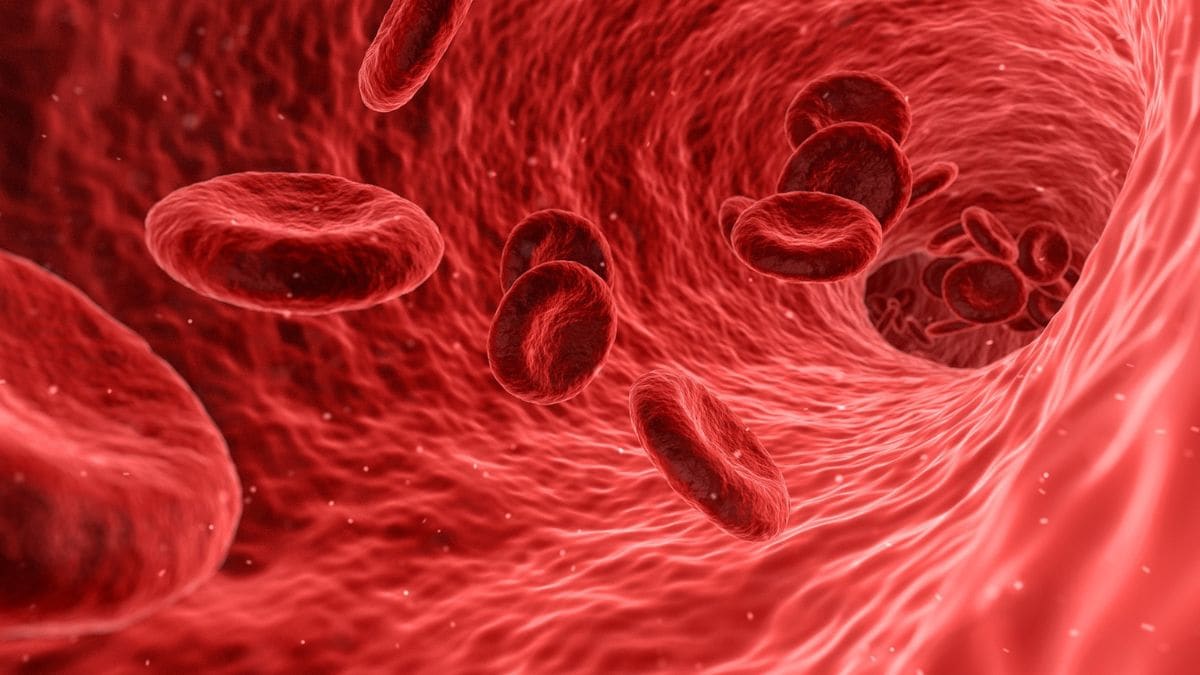
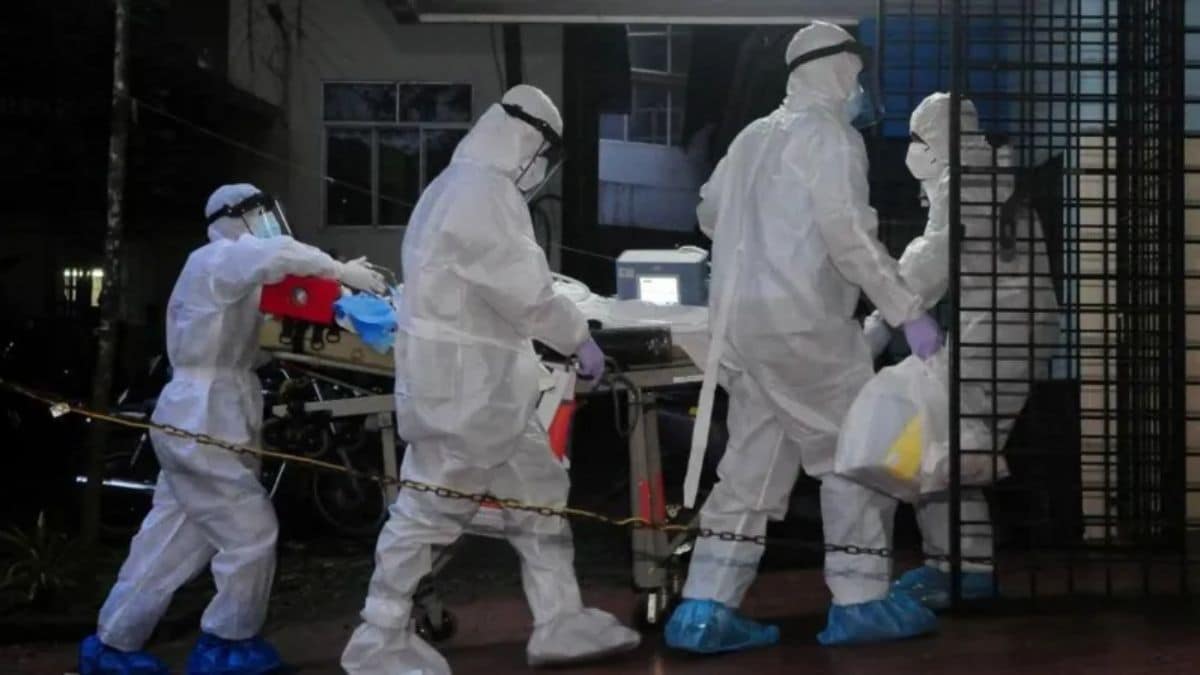
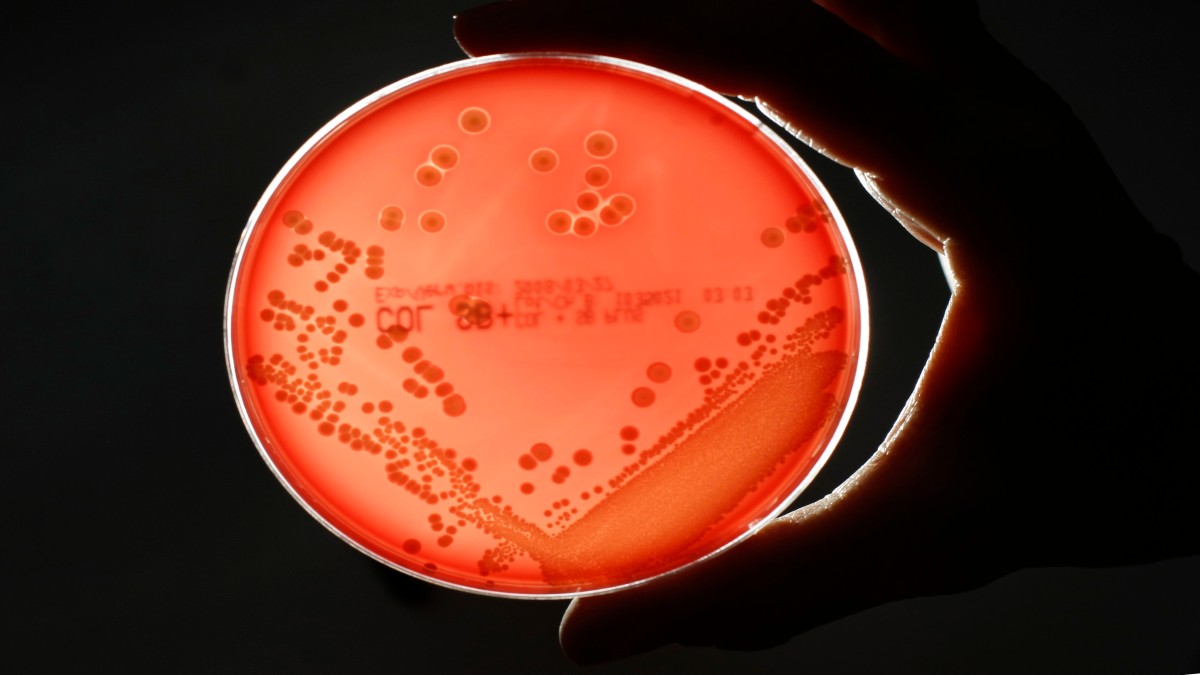
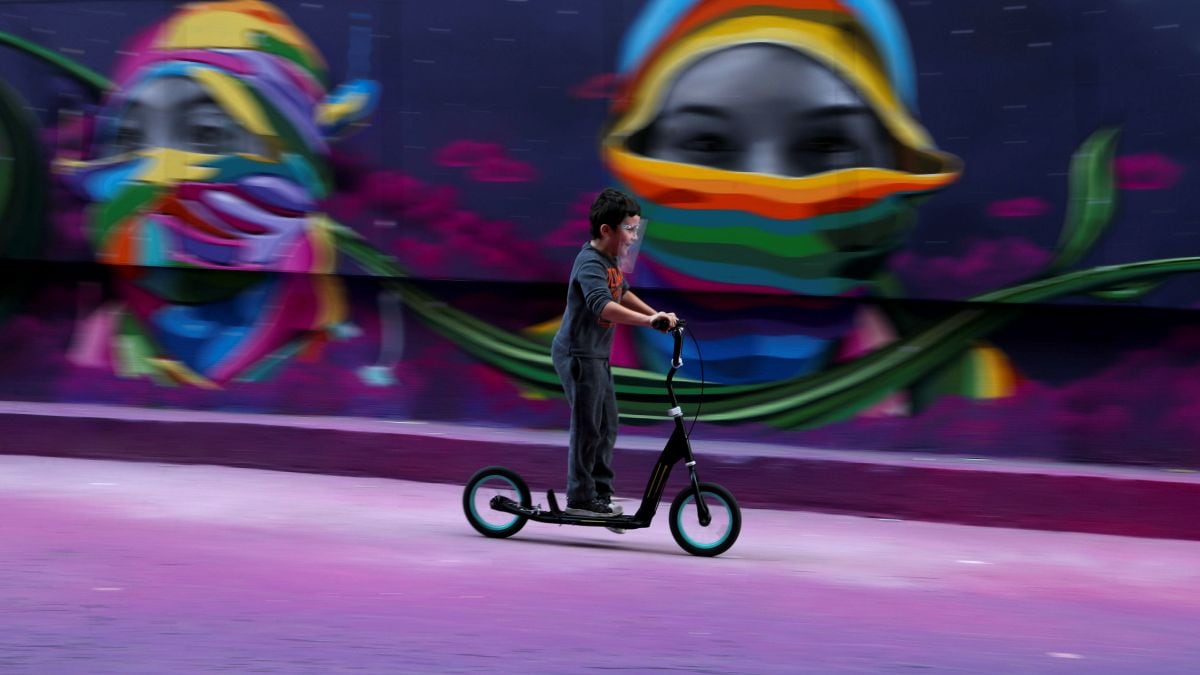


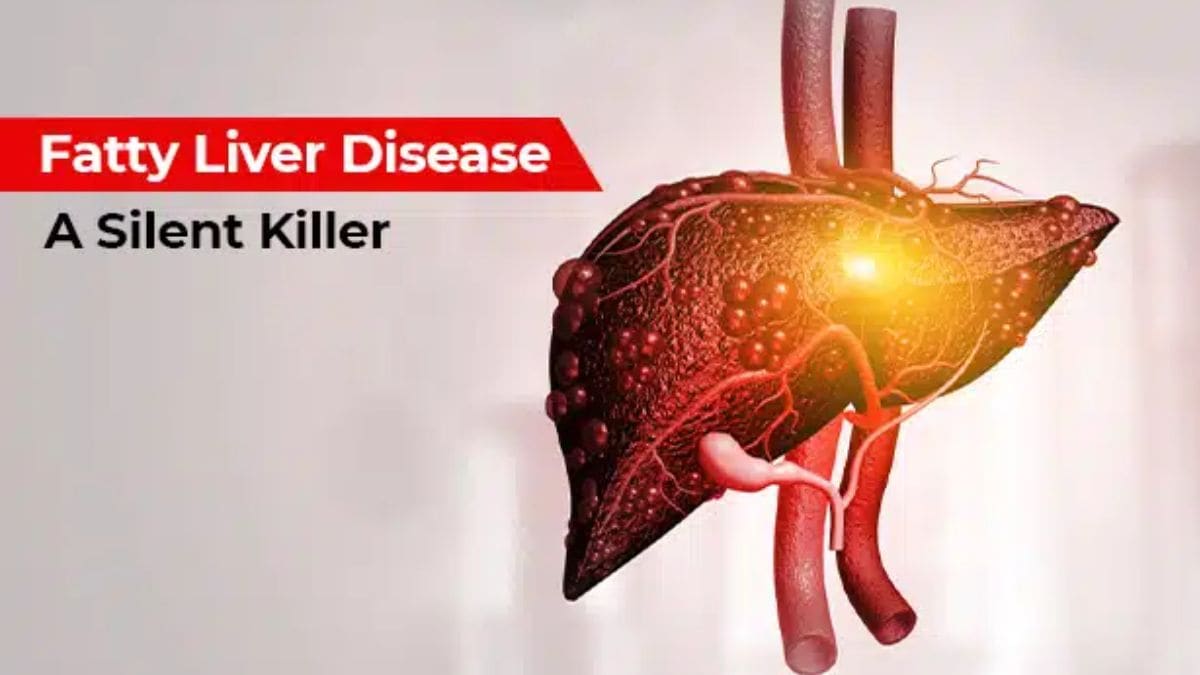

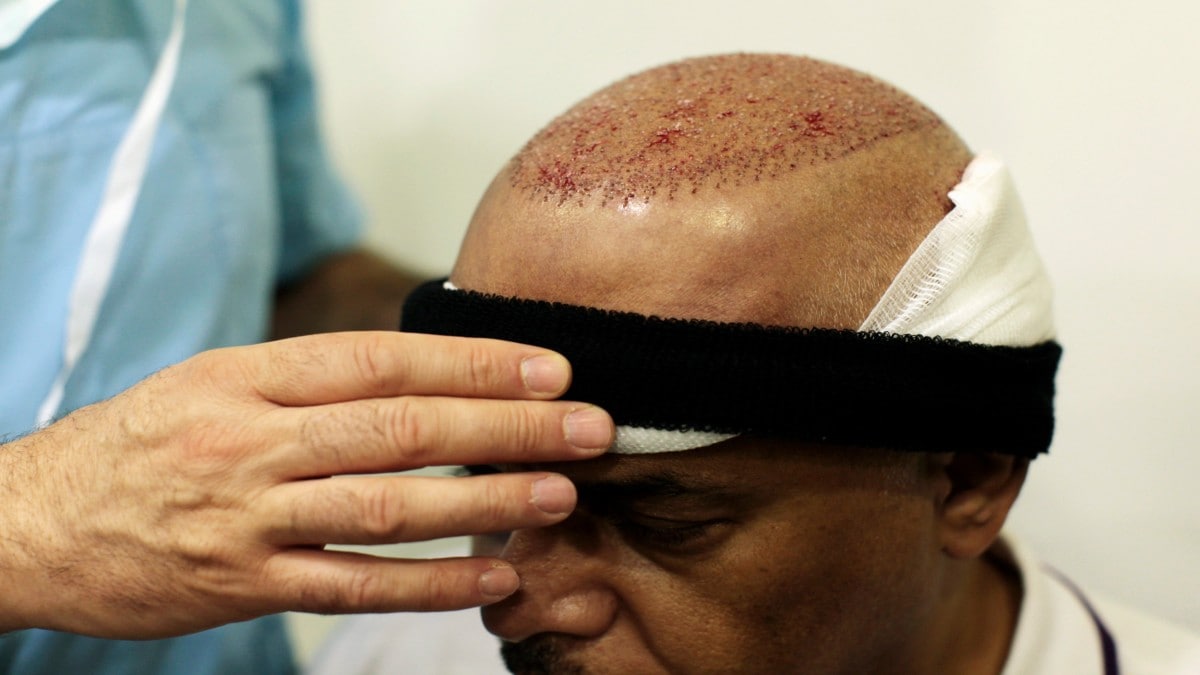
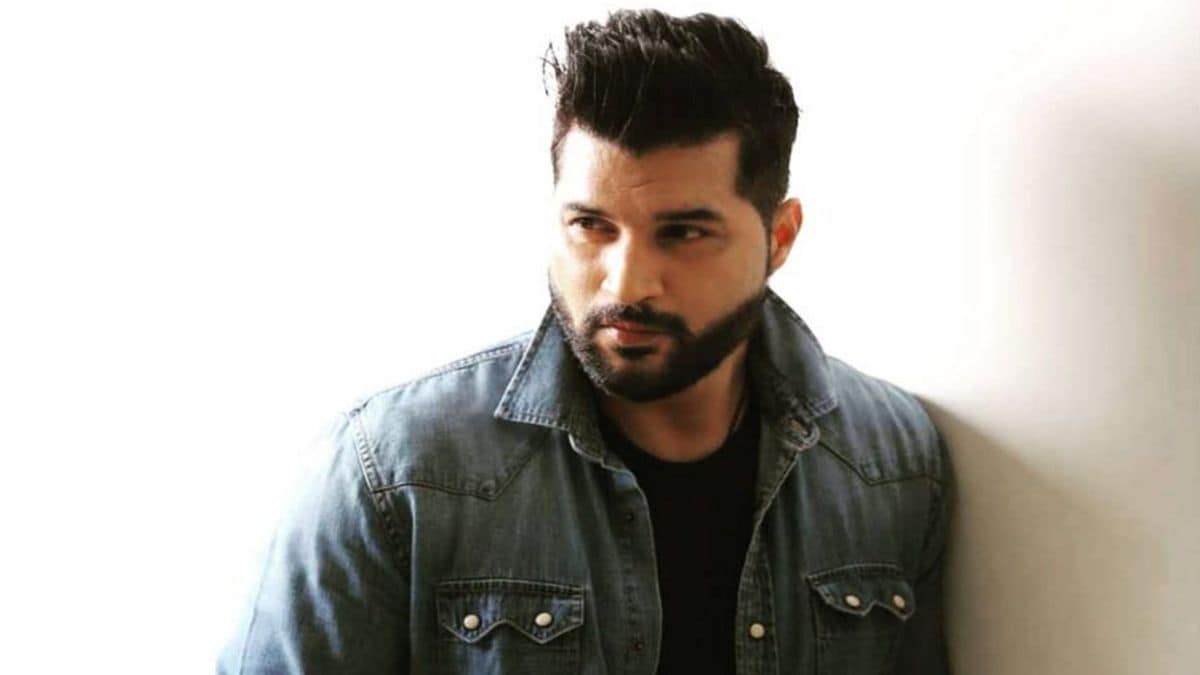
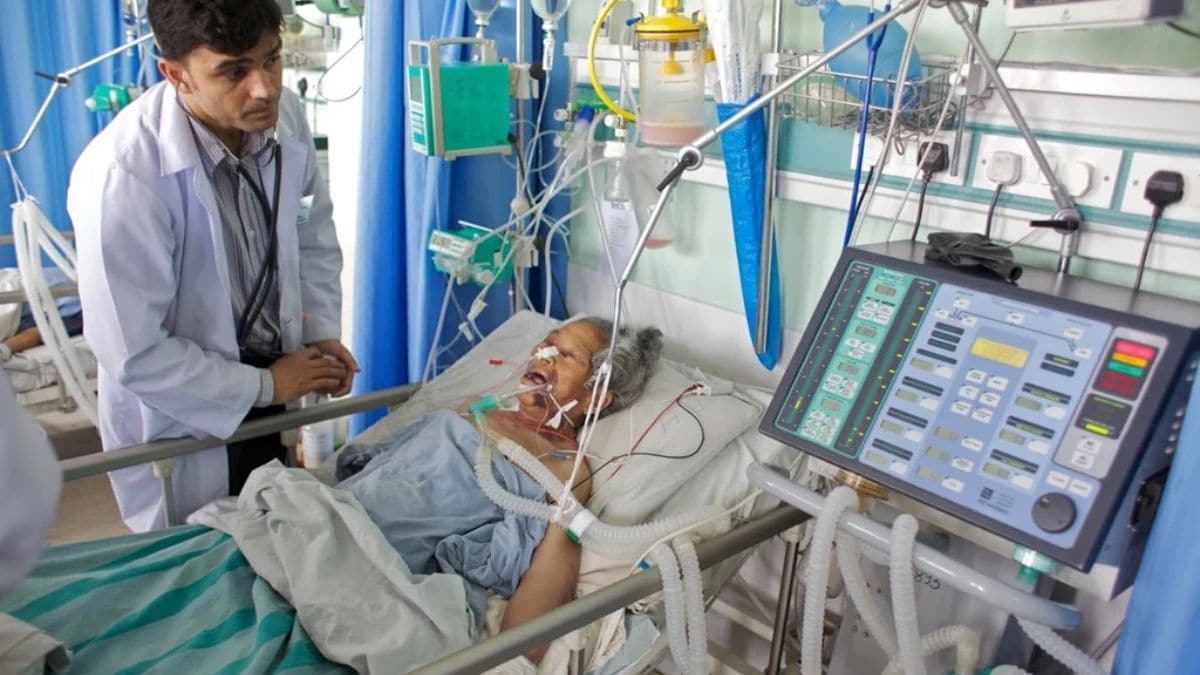


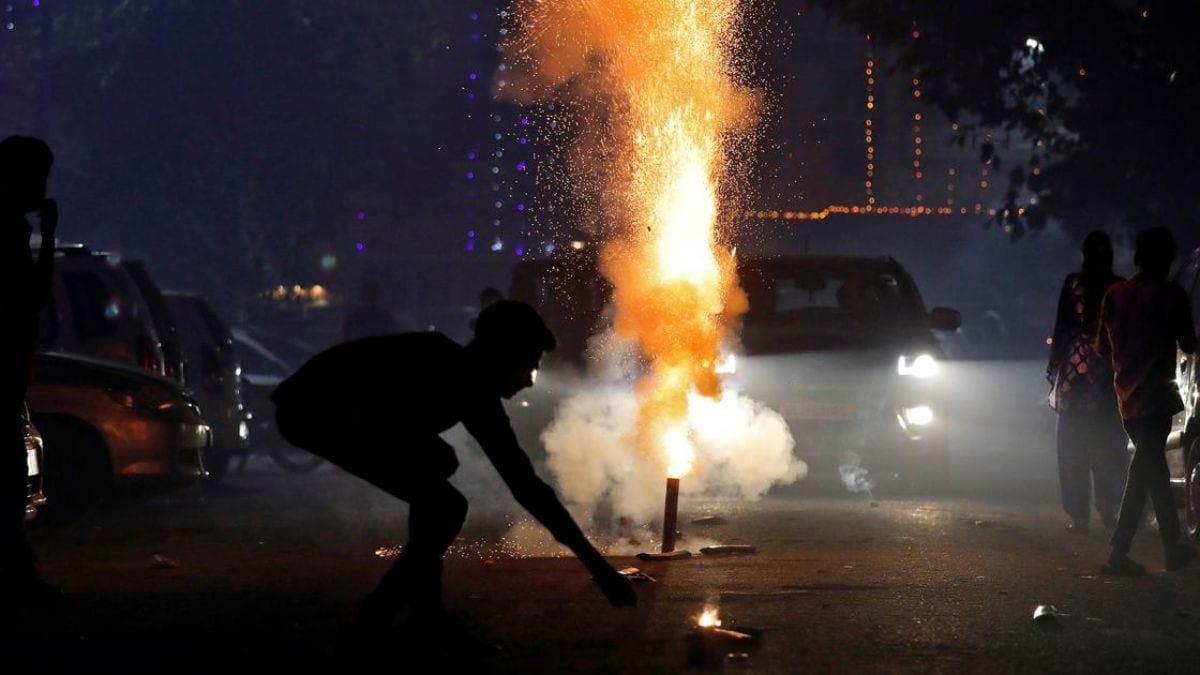
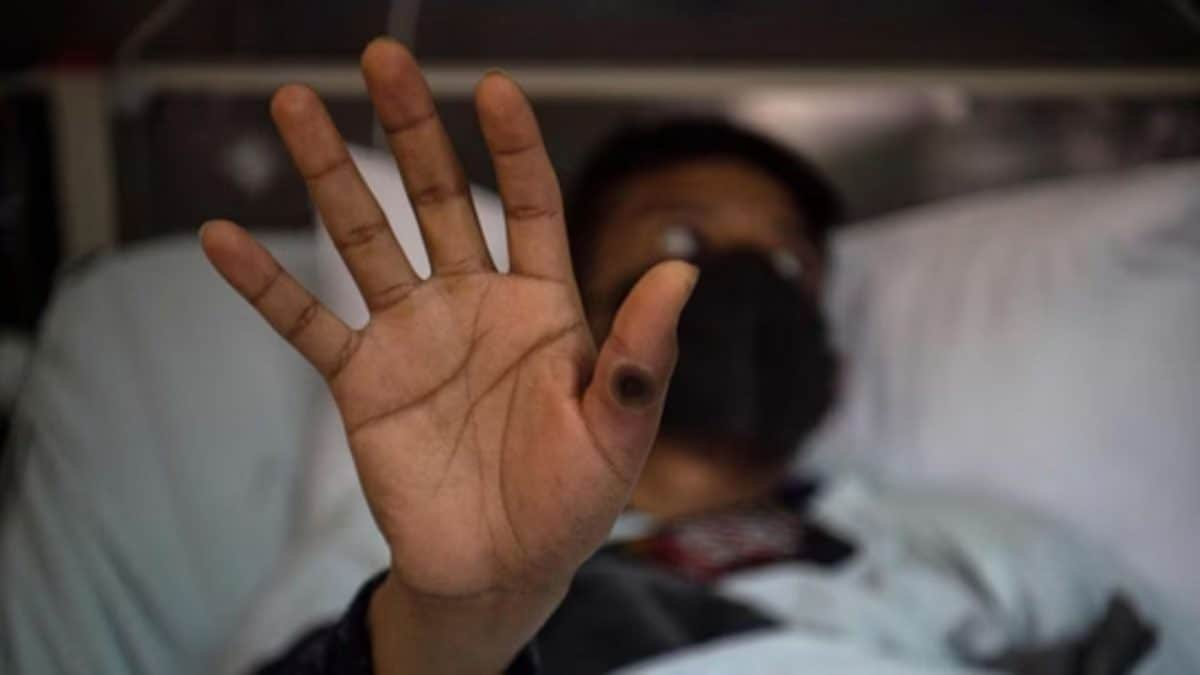
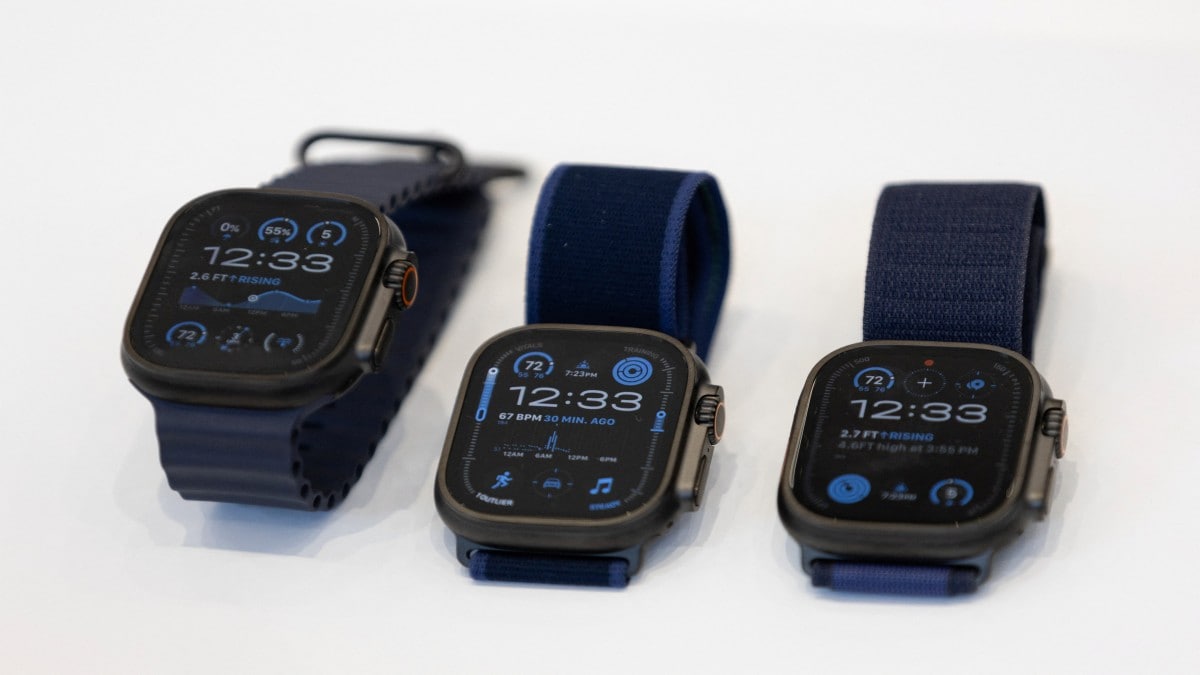

)
)
)
)
)
)
)
 English (US) ·
English (US) ·